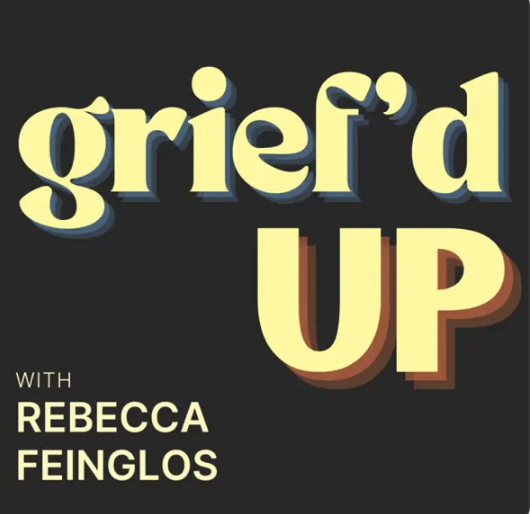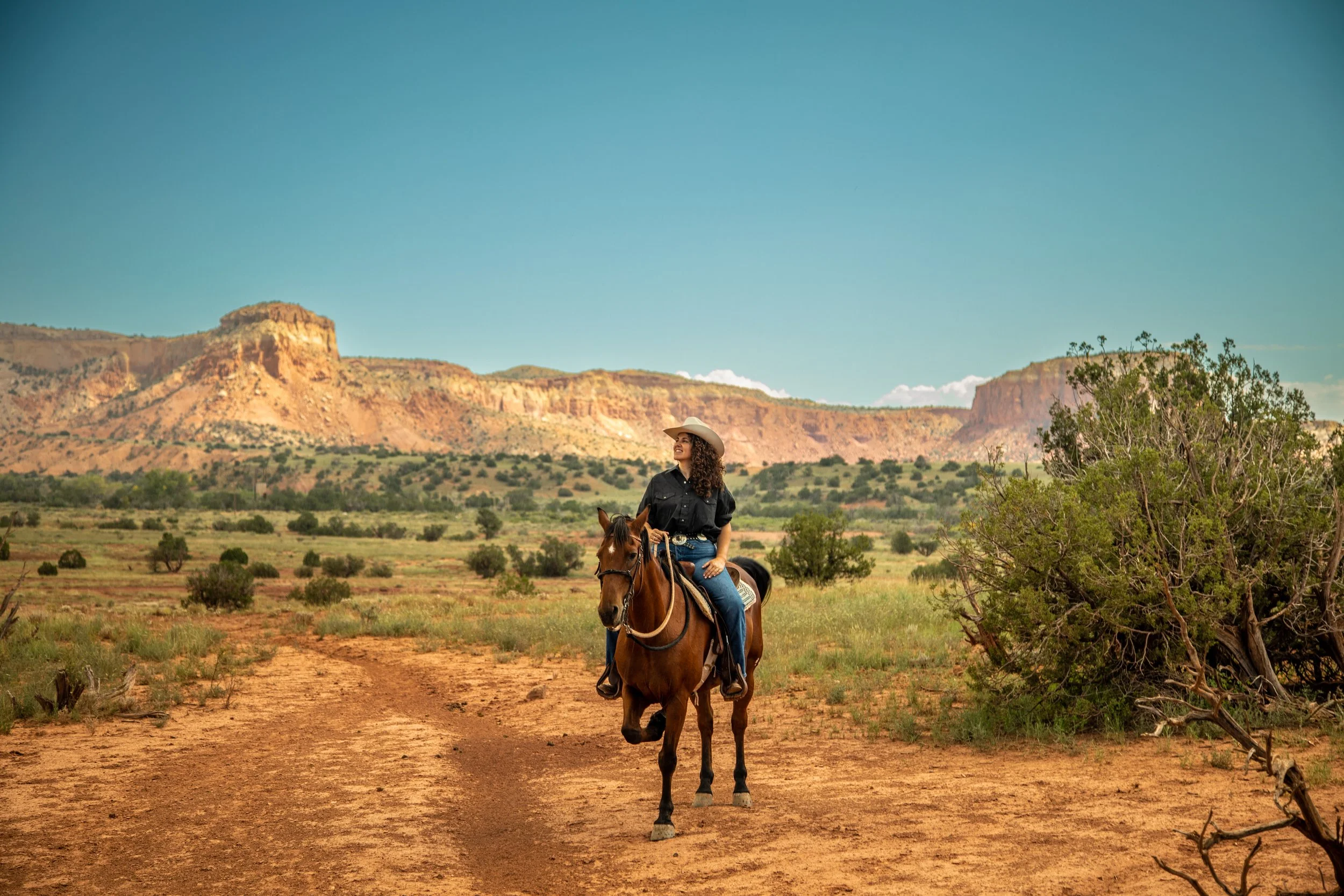About Laurel
Laurel Braitman is a bestselling author, speaker, educator, and a trailblazer in the field of medical storytelling. She aims to be the human equivalent of a casserole you bring people after sh*t hits the fan.
Laurel inspires healing and mental wellness through her books and her work as the Director of Writing and Storytelling at the Stanford School of Medicine’s Medical Humanities and the Arts Program. She is also the Founder of Writing Medicine, a global community of writing healthcare professionals. Her work has taken her to unexpected places from studying grizzly bears in Alaska, to stream ecology research in the Orinoco and Amazon. She’s made coffee for the Hell’s Angels, been a backpacking instructor, interned at NPR, taught high school in Colombia, done environmental conservation work in DC, gotten her PhD at MIT, and volunteered with grieving kids.
Today, as a thought leader in mental health, Laurel writes and teaches about healing, grief, and emotional wellbeing for all of us—humans and other animals—as reflected in her New York Times-bestselling Animal Madness and her memoir What Looks Like Bravery, about resilience born from loss.
Laurel encourages those who have experienced loss and other trauma—including and especially healthcare professionals– to communicate bravely and vulnerably in service of their own well-being and that of their patients and colleagues.
She has reached millions of people via her workshops, keynote talks, books, and courses, guiding participants to write their own paths toward healing.
She lives and writes on her family’s ranch in Southern California, where she is also (slowly) learning cowhorse.
Are you introducing Laurel on stage? Check out the media kit.
-
Laurel Braitman is a bestselling author, speaker, educator and trailblazer in the field of medical storytelling. Laurel inspires healing and mental wellness through her books and her work as the Director of Writing and Storytelling at the Stanford School of Medicine. She is author of the memoir What Looks Like Bravery: An epic journey from loss to love (Simon & Schuster) and the popular science book Animal Madness: Inside their minds. She holds a PhD in Science, Technology and Society from MIT and is the founder of Writing Medicine, a global community of writing healthcare professionals. . Her work has been featured on the BBC, NPR, Good Morning America and Al Jazeera. Her writing has appeared in The Guardian, on Radiolab, The Wall Street Journal, Wired, National Geographic and other publications.
Laurel lives on her family’s citrus and avocado ranch in Southern California.
FAQ
-
Nope! Just kidding. Send an email to info@laurelbraitman.com and we’ll send you a list of resources.
-
Not really because Laurel doesn’t know how she managed to do that stuff herself (except the avocados, that was her parents’ thing first). But she does teach writing (look at the teaching page) and she is headed around the country to meet folks in person (look at events).
-
The best way to get her feedback is to enroll in a class or workshop Laurel is offering.
-
Okay, no one actually asks this question. Laurel just wishes they did. She does what she does because she thinks it’s pretty lonely to be a human being. And when we share our stories, and encourage other people to do the same, we all feel less alone. Cheesy, maybe…but true.
Select Press
-

How To Podacast
-

Nob hill gazette
-

Grief'd up Podcast
-

You're going to Die
-

Knock, Knock Hi with the Glaucomfleckens
-

Forever 35 Podcast
-

A Field Guide to Gay Animals
-

Good Grief with Cheryl Jones
-

AAMC.ORG
-

refuge in grief podcast
-

Clear+Vivid with Alan Alda
-

-

The wall street journal
-

The Doctor's Art Podcast
-

Search Engine with PJ Vogt
-

-

Grief is a Sneaky Bitch Podcast
-

-

PUBLISHER'S WEEKLY
-

all of it with alison stewart
-

City arts and lectures
-

Next big idea club
-

Longform podcast
-

Death, sex & money podcast
-

-

-

Kirkus Review
“One of her closing realizations is worth the cover price alone: ‘There is no such thing as happily ever after. There is only happily sad or sadly happy.’ ”
-

-

KQED Forum with Michael Krasny
-

-

Stanford Medicine SCOPE
-

-

Michael Hebb
-

TED RADIO HOUR
-

-

TED Radio Hour
-

studio 360
-

PBS News Hour Brief But Spectacular

